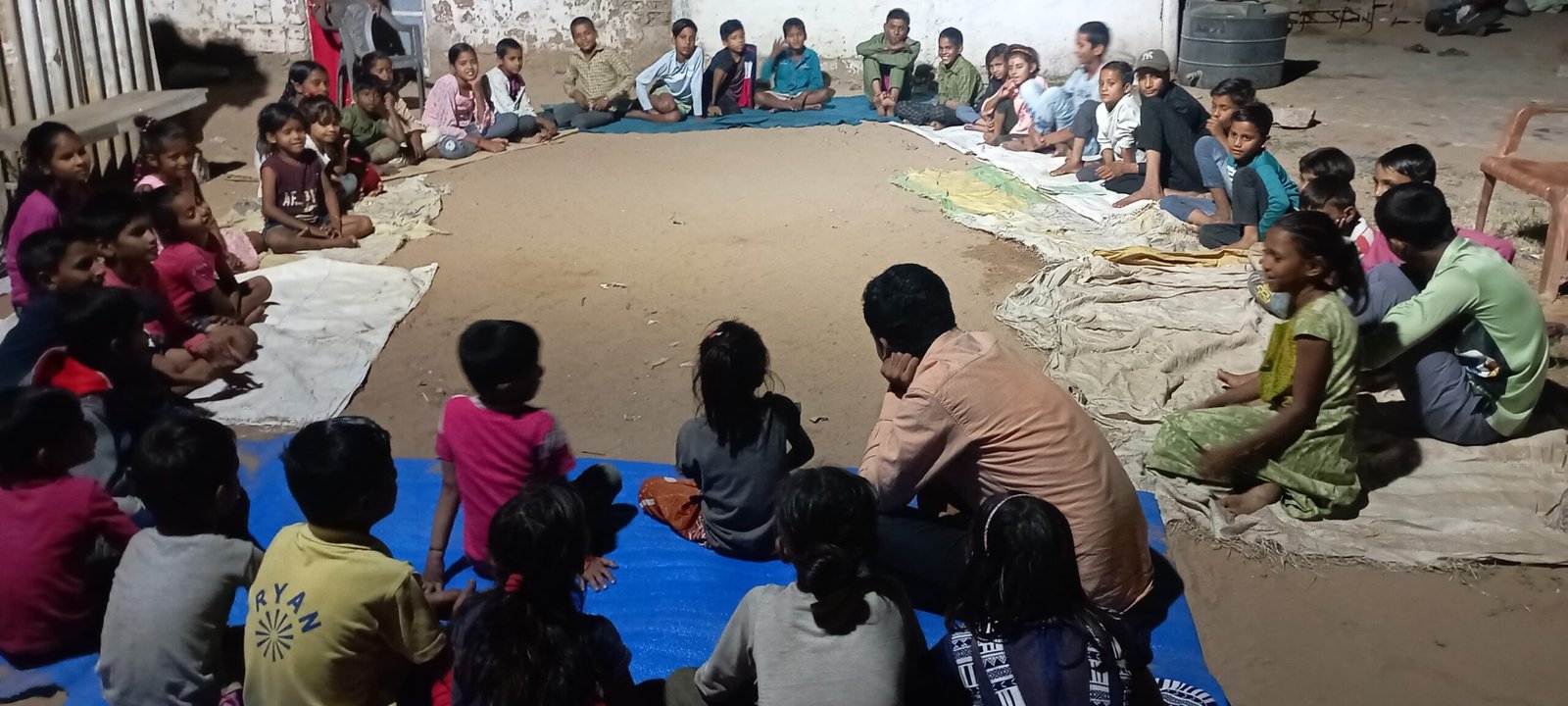“The more we give importance to skill development, the more competent our youth will be.”
– PM Modi
When the true leader says something, then it is truly meant. India is a country of young minds where over 65% of the population is below the age of 35. Skill is the driver of economic growth and development and knowledge gives the power to skill. Education is always the ticket to a journey of employment where people earn and learn.
By knowing the importance of skill and education and preparing a generation of leaders and skilled employees, the Modi government launched “Skill India” in 2015 as per the National Policy for Skill Development & Entrepreneurship (NSDE). It aims to empower the youth of India by providing them with market-relevant skills.
This includes various schemes and initiatives such as:
1. Pradhan Mantri Kaushal Vikas Yojana(PMVKY): This focuses on skill development training in both urban and rural areas. PMVKY 4.0 includes contemporary courses as well. It has successfully trained more than 14 million people to date.
2. Crafts worker training scheme: It provides long-term training through Industrial Training Institutes (ITIs) across the country.
3. National Apprenticeship Promotion Scheme-2 (NAPS-2): It promotes apprenticeship training by providing partial stipend support.
4. Jan Shikshan Sansthan (JAS): It mainly focuses on rural and urban low-income areas to provide vocational training.
These initiatives bring employment opportunities among the population as these schemes help in providing real-time skills such as digital education, technical education, internship opportunities etc. This mission has high female participation, which promotes gender inclusivity. Close to 50% of the candidates enrolled and trained under PMKVY are women. These are some of the key benefits of these initiatives.
But every coin has two sides. So there are lots of challenges. Placement rates are very low because of fewer linkages with employers and industries. Infrastructure is also low. A wide gap between urban and rural infrastructure has also become a lack of skill development.
Besides lots of challenges, this scheme gives lots of opportunities to individuals and also continuously develops its infrastructure.
Skill India is more than a policy: it’s the trust of generating income. It’s a bridge between education and employment. In the changing ecosystem, skills are not optional. They are compulsory, they are essential.
So, let’s walk this bridge together and make an empowered India.
“Skilled India, Strong India”
#SkillIndia #EducationToEmployment #SkilledIndia #StrongIndia #YouthEmpowerment #SkillDevelopment #DigitalIndia #VocationalTraining #FutureSkills #EmploymentOpportunities
CONTACT DETAILS
- Top Floor, Aakash Institute B/44A, Gopalpura Bypass Rd, Surya Nagar, Jaipur, Rajasthan 302018
- Office +91 63505 01686
- smileforallsociety@gmail.com
QUICK LINKS
Copyright © 2025 Smile for All NGO. Powered by EvolverTech .






Leave a Reply